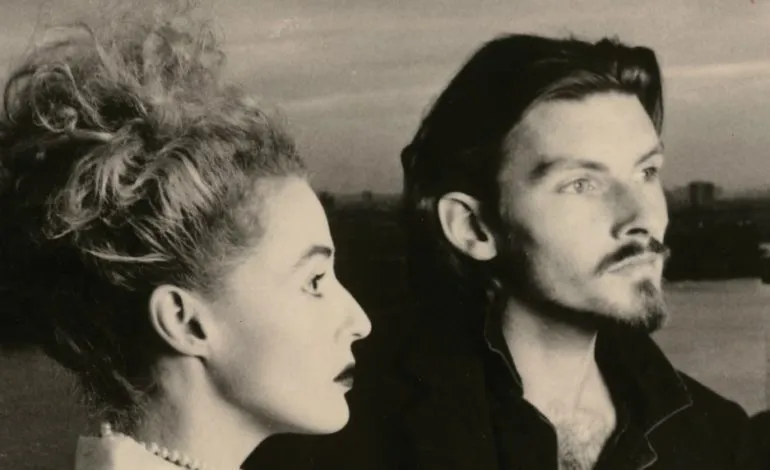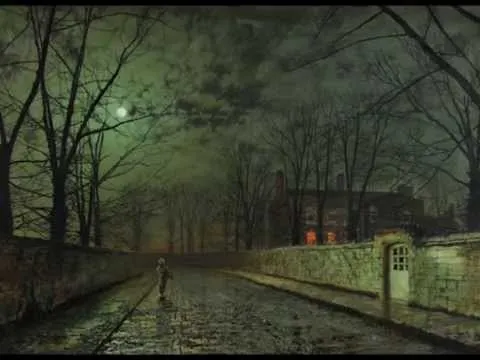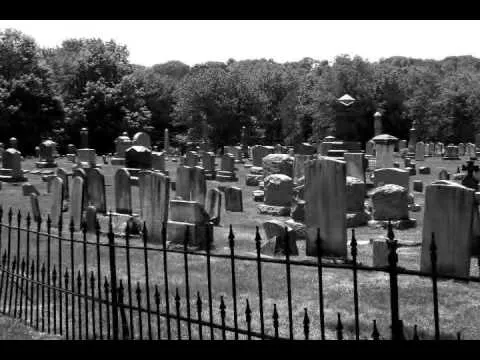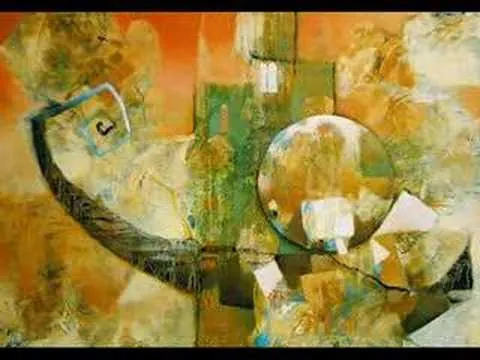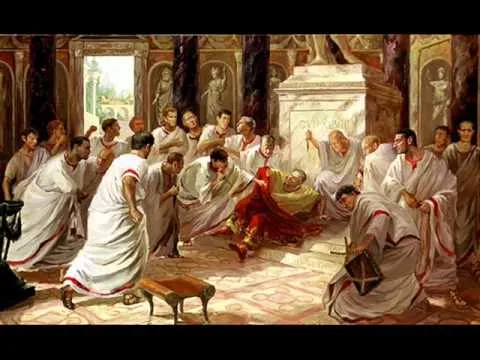As much as I love powerful rhythms, strong, clear melodies, and music that simply won't let you sit still, I'm also just as much a fan of etheral sounds, slow beats, and tunes so soft that you hardly notice you're listening to it. These days there seems to be an abundance of both directions, and with ambient chill-out, dream pop, and lo-fi loops, I don't have to look too far to find something to listen to that won't take all my attention. But I know, things have not always been so rich on the music front. That's when I was super happy about discovering Dead Can Dance.
Goth, Without Being Goth!
I first came across this amazing group in the early 90's, when Dead Can Dance started becoming an international phenomenon with their album Into the Labyrinth. The core of the group is Australian duo Lisa Gerard and Brandon Perry, who started bringing out their eclectic music in 1981 in Melbourne, before relocating to London a year later. By the time I discovered them, Dead Can Dance had brought out six albums, exploring various styles and directions.
It's really hard putting your finger on the exact genres they reproduced. Starting out with the deepest, most ancient forms of music, percussion and vocals, it brings to mind groups of prehistoric people jamming out around campfires deep in the forest somewhere. While this alone is enough to conjure dreams and lost memories from the listeners' collective subconscious, this is only the background upon which this incredible group built an array of more complex dream sounds.
Other songs of theirs feel a lot like Gregorian chants from the depths of some medieval cathedral. Others sound very much like music induced with the feel of India or Palestine ... of maybe a few centuries ago. Or, if I unshackle all my thoughts, I can free associate early Christians meeting secretly in catacombs, of members of Plato's academy engaging in debates under a tree, or a traveler in antiquity contemplating the ruins of an even more ancient city. Just like 19th century romantics, mixing their classical education with their own imagery conjured from yearning for the old returning in a new form, I would apply our collective dreams - probably based on cinematographic representations of bygone eras - onto sounds I'd associate with these dreams. And to me, this is exactly what Goth means... even if Gerard and Perry didn't want to adopt this label.
Lots of Interpretations Among Original Sounds
Listening to Dead Can Dance, one can easily get lost in one's own dreams, or perhaps in the dreams of these great musicians. But just as often the listener is bound to recognize something they've been familiar with... in one way or another. That's how I felt with their interpretation of the old medieval song Saltarello, which I had been familiar with from other musicians' versions, particularly those of medieval rock.
Another such memorable piece is the 18th century Irish ballad The Wind That Shakes the Barley. Finally, to keep the antique dreams going, I want to mention How Fortunate the Man With None based on works by Bertholt Brecht. The lyrics of the song revisit classical figures such as Caesar, Socrates, and Solomon, and how each of their greatest virtue has led them to their greatest defeat.
The Dream Continues
The three Dead Can Dance CDs I used to own, and listen to back and forth, were The Serpent's Egg, The Aion, and Into the Labyrinth. Since then I became familiar with their entire discography, and continue dreaming up worlds of the past, regardless how historically accurate they may be.
I knew that the band had split up in 1998, so I never expected anything new by them, other than the occasional live albums of reunion concerts. However, now that I checked them out for this post, I realized that Perry and Gerard have gotten Dead Can Dance back together again! And not only for a nostalgia tour either! Their most recent album Dionysus came out in 2018, which I haven't even heard. More of a reason to immerse myself again into the dreams conjured by the wonderful music of Dead Can Dance.
Take a Look at the Previous Posts in my Monday Music Series:
The Sound of the Hungarian Zither
Obligatory Line-Dance at Mexican Parties - El Payaso del Rodeo
Floating Into the Night by Julee Cruise
Classic Canadiana - Stan Rogers
Party Like There's No Tomorrow, Cry Like Everything Is Lost - Hungarian Gypsy Music
The Harder Sound of the Middle Ages - Corvus Corax
The First Hip-Hop I Actually Liked - Things Fall Apart by The Roots
No Prophets in Their Own Land - Rodrigo y Gabriela
Beyond the Boundries of Styles and Genres - King Gizzard and the Lizard Wizard
Accordion-Rock You May Not Know (But Really Should) - Los Tabascos
Songs of the Mexican Revolution - La Adelita
Memorable Weirdness - What Do You Want A Japanese To Do Again?
Gloomy Sunday - The Hungarian Suicide Song
Party Tunes from the Wild East - The "Russendisko" Experience
Folk Songs from Your Home Village - Hungarian Regional Sound Archives
Polynesian Salt Water Music
Images Conjured up by Tom Waits' Music
In Country: Folks Songs of Americans in the Vietnam War
Somebody Tell Me - Translating a Hungarian Song Into [EN] and [SP]
Somebody Tell Me - first trial & live performance [HU] [SP] [EN]
Horst Wessel in Mexico
Playing for Change: Old Favorites Played Around the World
Soothing Tunes and Gentle Rhythms of Mali Music
What Is It About Music? [Ecotrain's Question of the Week]
Halász Judit: Memories from my Childhood
Discovering Rocksteady
The New Generation of Banda
Horrible Music From Hungary: Dáridó or Wedding Rock
[ENG - ESP] 3 Songs From My Youth / 3 Canciones De Mi Adolescencia
Dick Dale: Surfer Tunes from the 60's
Tiny Desk Concert with the Kronos Quartet
Ghymes, Palmetta, Deep Forest: The Love-Hate of Hungarian Crossover
Crossover Styles: Cooking With Many Ingredients
Shady Grove: My First Impression Leading up to Discovering The Grateful Dead
The Grateful Dead: Endless Jams and Weird Imagery
Ratatat: Electronic Hip-Hop Beats for Studying and More
Flogging Molly: Irish Music With That Extra Bite
Manu Chao: International Sound of the Revolution
